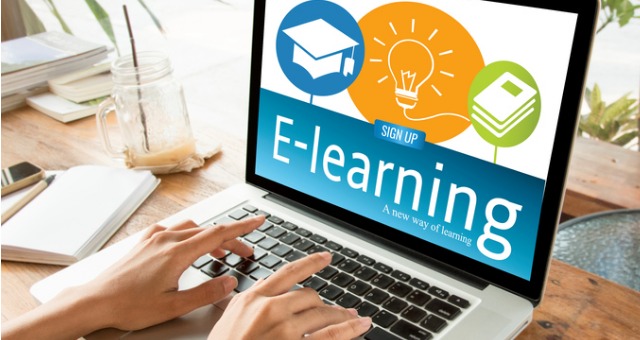With the growing availability of high-bandwidth connectivity, web-based educational content has expanded dramatically. In particular, more and more universities are offering free online content – everything from lectures to course notes to past exams. The purpose of these programs, in many cases, is to help make education free and available worldwide, without even the need to register or sign up.
This free content is a boon to tutors looking to advance their own educations, delve into subjects of interest, and provide learners with compelling and informative material. Here are five of the largest and most prestigious repositories:
One: MIT OpenCourseWare (OCW) is a repository of content spanning over 2,100 MIT courses. Free lecture notes, exams and/or videos relating to almost all the undergrad and graduate level courses taught at MIT are available on the site. For high school students, OCW offers Highlights for High School, an array of materials deemed especially useful for high school educators and students. These include MIT courses selected specifically to help students prepare for Advance Placement (AP) exams, learn more about high school level subjects, and get a glimpse of what’s coming up in college.
Two: The University of California at Berkeley, one of the nation’s top public universities, offers online video and audio of lectures in a wide range of subjects – everything from art to statistics. You can view an entire semester’s lectures, and sign up for RSS feeds to let you know when new videos are posted in your areas of interest. There are also a variety of courses available through iTunes U.
Three: Carnegie Mellon University’s Open Learning Initiative (OLI) “offers online courses to anyone who wants to learn or teach.” The program aims to combine high-quality course content with feedback to learners, combined with research to “transform higher education” through data gathering, simulations and other research activities. OLI is specifically geared towards supporting educators and improving their effectiveness in traditional classroom, tutoring and home-school settings. OLI courses provide targeted feedback to students and capture data about student learning, which is shared with instructors. These dashboards and reports let educators see where students need the most help.
Four: The University of Notre Dame’s OpenCourseWare site is organized similarly to MIT’s, but offers even richer content for many of the courses. Dozens of classes in disciplines from English writing to philosophy to anthropology are offered. The course materials are extensive, in many cases enabling an educator to “reuse” the course: a syllabus, a list of readings and videos, lecture notes, assignments, discussion questions, and even videos of lectures and interviews with the professors who taught the courses.
If you want to find more resources, Open Culture, a clearinghouse for “the best free cultural and educational media on the web” offers listings of free courses, movies, textbooks, audio books, language lessons and much more. A service for the “lifelong learning community,” Open Culture’s lead editor is the director of Stanford’s Continuing Studies program.
There’s also Academic Earth, “an organization founded with the goal of giving everyone on earth access to a world-class education.” This “user-friendly educational ecosystem” makes it easy to find and access full video courses and lectures from leading scholars. What’s different about Academic Earth is that you can through this site.
Maintain Social Distancing. Stay at Home, Be Safe, and Save Lives..










